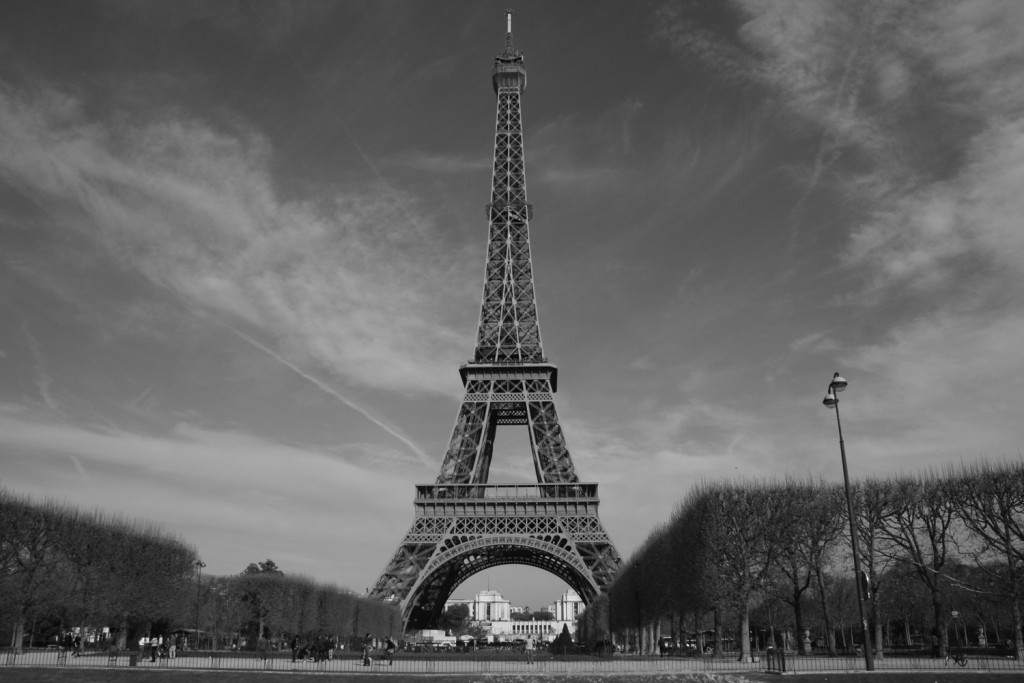On Thurs. and Fri., Nov. 12-13, terrorist groups attacked three different cities: Baghdad, Beirut, and Paris. The group claiming responsibility for the attacks in all three cities calls itself “The Islamic State” (aka IS, ISIS, ISIL), but in the Arabic world, and increasingly in the West, they are known as “Daesh,” which resembles the Arabic words for “one who crushes something underfoot” and “one who sows discord.”
The Baghdad attacks took place on Friday, Nov. 13. Shiite Muslims were targeted in a roadside bombing and a suicide bombing at a funeral in a mosque. According to Iraqi police officials in Baghdad and local hospital casualty counts, the roadside bombing killed five and injured 15. Located in a southwestern suburb of Baghdad, the funeral that was attacked was for a Shiite militia fighter killed in battle against Daesh. The Associated Press reported that an unnamed police official said that this suicide bombing killed 21 people and injured at least 46 others. In total, the Baghdad attacks killed 26 people and injured at least 71 others.
On Nov. 12, in Beirut, Lebanon, Shiite Muslims were again targeted by Daesh, but Christians, Palestinian refugees, and Syrian refugees were also affected in a mostly-Shiite and working-class region of Beirut. The two bombings were separated by five minutes and just under 500 feet. According to the New York Times, “The Lebanese Health Ministry said at least 43 people had been killed and more than 200 wounded in the worst attack to strike the city in years.” After its initial statement, Daesh added that it intended to also target the Shiite paramilitary organization supporting the Syrian government, Hezbollah.
In Paris, a series of seven attacks killed more than 132 people and injured over 200 others on Nov. 13. Among the dead were eight Daesh members who killed themselves during the attacks. The following day, a number of arrests were made in Brussels, Belgium,in connection with the attacks. Two suspects remain at large. The Guardian reports that 87 of the total deaths occurred in a concert hall called The Bataclan where US-based band, The Eagles of Death Metal, played a show. Also sites of attack were two streets, multiple restaurants, and outside the Stade de France, a stadium where a soccer game was underway. A Muslim security guard named Zouhair prevented one of the attackers from entering the stadium. Multiple reports say that Iraq warned France of the attackers the day before the attacks happened and that Turkey warned of them at least twice in the year prior to the attacks, but neither heard back from the French government. The two suspects and now deceased chief organizer of the attack were on a terrorism watch list handed to Françoise Schepmans, who is major of the capital municipality of Brussels, Molenbeek, month before the attacks.
Following US leadership, France has been targeting alleged Daesh members in Syria and Iraq in a series of bombings; eyewitnesses report that attackers mentioned this during the attack. A France-bound plane was grounded in Amsterdam after a threatening tweet associated with Daesh was discovered by airline officials. These events have sparked serious anti-Muslim sentiment in France, with protests calling for the expulsion of “the Islamists.” France has been on the forefront of the US-led battle against Daesh. Following the attacks in Paris, France launched a barrage of military strikes on the de facto Daesh capital in Syria.
In a speech given on Nov. 14, US Secretary of State, Sen. John Kerry, stated that for the past five years, Syria has been struggling through civil war. According to Kerry, “one in twenty Syrians [have been] wounded or dead. [The civil war] has compelled one in five Syrians to flee as refugees. It has displaced half of that country’s population.” The Global Terrorism Index found that the majority of terrorist attacks target private property and citizens. Despite a large majority of Muslims around the world having condemned these attacks, there has been a spike in anti-Muslim sentiment and anti-Muslim attacks in the West.
Sources: nytimes.com, usnews.com, twitter.com, euronews.com, usatoday.com, bbc.com, interactives.ap.org, nytimes.com, mirror.co.uk, state.gov, abc27.com

